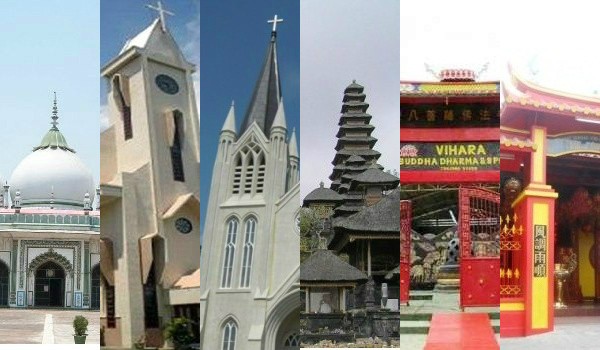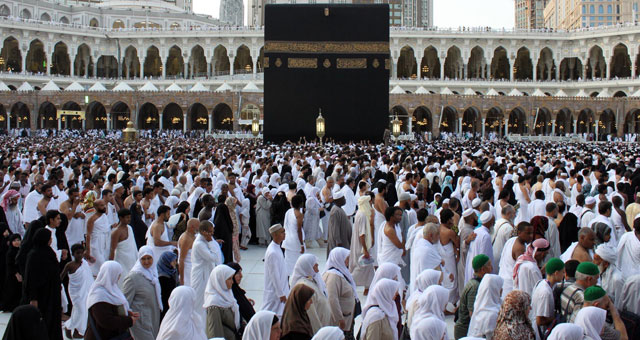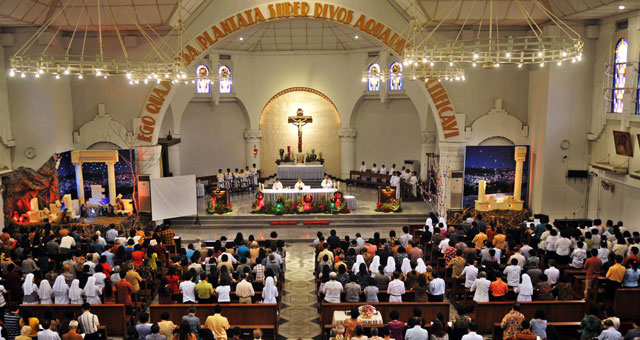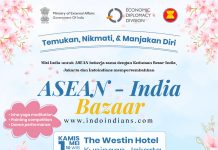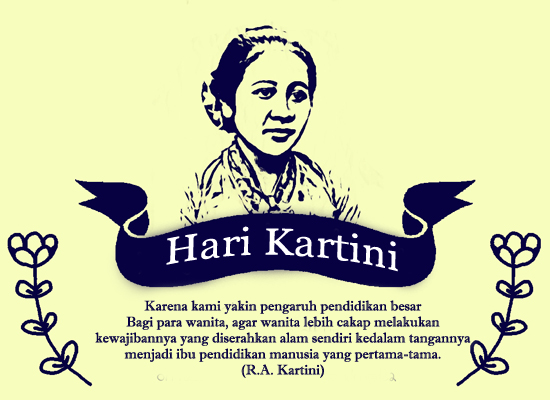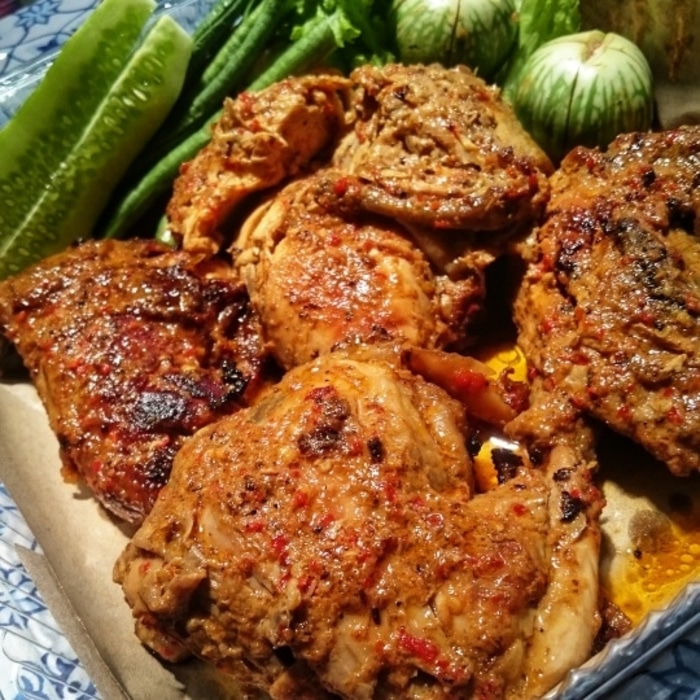Although Indonesia is the country with the largest Muslim population in the world Islam is not the state religion and religious freedom is guaranteed by the constitution. Belief in one God is the first of the five principals (Pancasila) that make up the state philosophy or guiding principals. The government recognizes only six religions including Islam, Protestantism, Catholicism, Hinduism, Buddhism and Confucianism.
A person’s religion is an important factor in establishing their sense of identity and of belonging to a community and permeates all important occasions and rites of passage. In ancient times the people of Indonesia practiced animism, mysticism and ancestor worship and there has been a synthesis of more recently introduced religions with these pre-existing belief systems. In many parts of the country animism and mysticism are still practiced in addition to religious observances and are not regarded as incompatible.
Hinduism and Buddhism were introduced and assimilated with the traditional beliefs before the 7th century. Islam first arrived in the 13th century and became the dominant religion. In the 16th century Christianity reached Indonesia and has been adopted in particular by certain ethnic groups.
Islam
Islam was introduced to Sumatra and ports on the north coast of Java by merchants of Arab descent from Gujarat in northern India. The new religion was able to spread throughout Java thanks to nine holy men and teachers known as the Wali Songo, who the people believed had supernatural
powers. Muslims are obliged to carry out the five pillars of Islam to the best of their ability.
These five pillars are:
• Shahada – profession of faith in one God called in Arabic Allah, and belief that Muhammad is his prophet.
• Shalat – ritual prayers carried out five times a day, at dawn, early afternoon, late afternoon, sunset and when darkness falls.
• Zakat – tithing or giving alms to the needy.
• Sawm – fasting from dawn to dusk every day during the month of Ramadhan.
• Hajj– the pilgrimage to Mecca once in a lifetime for those who are physically and financially capable of making the journey.
The holy day of Islam is Friday and most Muslim men will attend a mosque for the prayers and sermon on Fridays at about noon. Women mostly pray at home, but sometimes go to the mosque on special occasions such as Idul Fitri, where there is a separate section of the mosque allocated for them. There are numerous mosques, large and small, to be found in all neighborhoods of the city of Jakarta.
All mosques have a minaret from which the call to pray is sounded five times a day, a place for ritual washing at the entrance, an ornamental niche showing the direction of Mecca which all worshippers face, and a raised pulpit from which the Imam leads the prayers and delivers the sermon. During the month of Ramadhan, Muslims must refrain from eating, drinking, smoking, marital relations as well as bad habits, such as lying, showing anger and using bad language, during daylight hours. In addition, those fasting are supposed to be more diligent in prayer and give to charities. The fasting month culminates with the celebration of Idul Fitri or Lebaran, a time when Muslims visit their family and friends to ask for forgiveness for any wrongs they have committed in the previous year. Mass prayers are held in mosques and large open areas around the country.
Traditional foods are consumed, family and friends gather to exchange greetings, new clothing is worn, children receive gifts of money and visits are made to recreational parks – all to celebrate the successful completion of the fasting month. Other Islamic holidays are Idul Adha, the feast of sacrifice commemorating Abraham’s willingness to sacrifice his son if God commanded it, Maulid Nabi or
the celebration of Prophet Muhammad’s birthday, Isra Miraj the ascension day of Prophet Muhammad and the Islamic New Year on the first day of the month of Muharram.
Some of the main mosques in Jakarta are:
• Istiqlal Mosque, in Central Jakarta
• Masjid Sunda Kelapa, in Menteng
• Masjid Pondok Indah, in Pondok Indah
• Masjid AT Taqwa, Jl. Sriwijaya, Kebayoran Baru
• Masjid Al Azhar, Jl. Singamangaraja, Kebayoran Baru
Christianity
Having been introduced by Portuguese Jesuit priests and merchant traders, Christianity took root in particular in those parts of the country where their influence was greatest, such as the eastern islands of Maluku and Nusa Tenggara. Catholic missionaries later brought the religion to Java, North Sulawesi and parts of Kalimantan. Protestantism was brought to Indonesia by Dutch and German missionaries and there are now substantial protestant communities in North Sumatra as well as the eastern islands of the archipelago.
The Christian holy days of Christmas, Good Friday and the Ascension of Jesus Christ are celebrated as public holidays in Indonesia. For expatriate Christians living in Jakarta there is a range of churches and places of worship representing many denominations, and services are held in numerous languages including English, Dutch, French, German, Japanese, Korean, Tagalog, etc. Many of the churches in Jakarta offer Sunday school, prayer and youth groups, in addition to church services. You may consult the Jakarta Post on Sundays to check for service times.
Hinduism
Hinduism is found primarily on the island of Bali where religious beliefs and practices are incorporated into every aspect of daily life. In Balinese Hinduism the religion originating from India has blended with animism, ancestor worship and indigenous beliefs and traditions. There are many holy days and festivals throughout the year, the most important being Nyepi or the Day of Silence, that is marked by a national holiday. In Bali each house has its own shrine and each village its own temple, and there are many temples, large and small, all over the island. Several Balinese Hindu temples are found in Jakarta, the largest being Pura Adhitya Jaya in Rawamangun, East Jakarta.
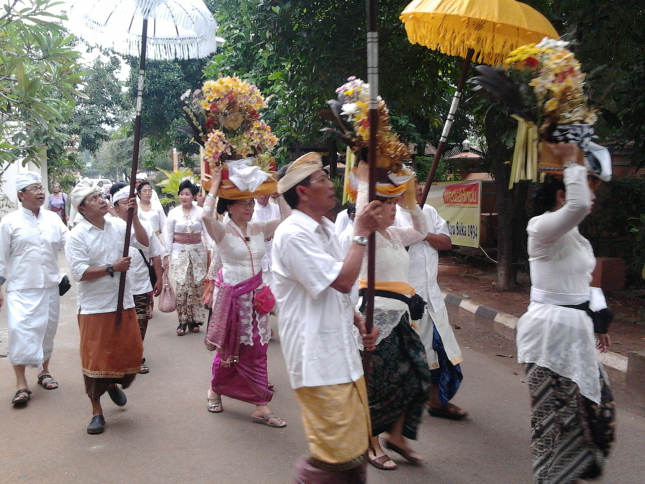
There is also a significant Indian community that has been established in Indonesia for several generations, most of whom are merchants and traders. In Jakarta the Indian community is centered round the Pasar Baru area and there are many Indian temples and cultural centers in that area.
Buddhism
Buddhism has the smallest number of adherents, mostly amongst the ethnic Chinese community. The national holiday of Waisak commemorates the birth, enlightenment and death of the Buddha and an impressive ceremony is held every year at Borobudur, the largest and most magnificent Buddhist monument located in central Java. The Buddhist community maintains monasteries, temples and schools.
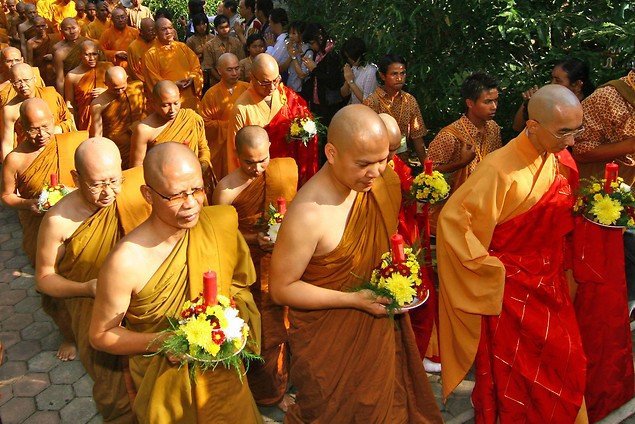
Buddhism in China developed into a unique form adapted to the existing culture and beliefs of Confucianism and Taoism. This is reflected in the temples used by the Chinese Indonesian community, called klenteng or vihara. In Jakarta mostly of the Chinese temples are found in the northern and central parts of the city. The oldest temple is Vihara Dharma Bhakti in Glodok, which was originally built in 1650. Temples may be dedicated to one or all three of the main Chinese beliefs, Buddhism, Confucianism and Taoism. People worship at temples to appease their ancestors, seek knowledge about the future or ask for worldly wealth and success and harmony in daily life. Inside the temples there are usually many altars and worshippers may pray and make offerings at more than one. A statue of the deity to which the temple is dedicated stands on a central altar. Worshippers light incense sticks in multiples of three. The traditional architecture of Chinese temples includes pitched roofs covered with clay tiles, with overhanging eaves and carved wooden beams. All surfaces are richly decorated with mythical animals, geometric motifs and the Chinese characters for happiness, wealth, good fortune and longevity.
Colors are predominantly red and gold. In front of the temple there is usually an incinerator or burner for paper shapes and incense. Replicas of objects or effigies of people made from colored paper and split bamboo frames, which represent personal possessions and worldly goods, are burnt to pay respect to ancestors and send deceased family members material things to make their eternal life more comfortable. It is believed that the smoke and ashes carry the essence of the object to the deceased. Chinese New Year is also recognized as a national holiday in Indonesia.
On the whole Indonesians show great inter-religious and inter-ethnic tolerance, and those occasions when differences have given rise to conflict are relatively infrequent.

